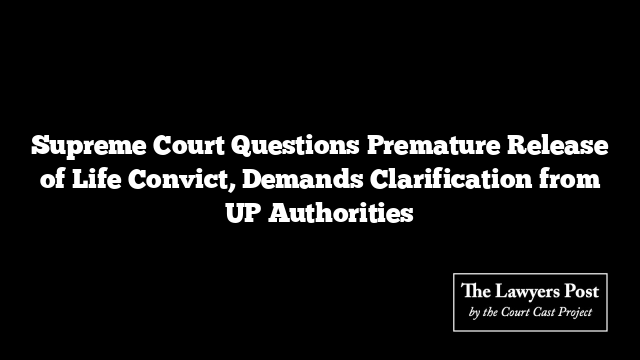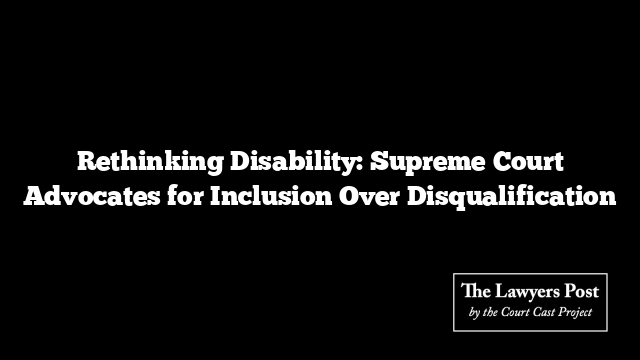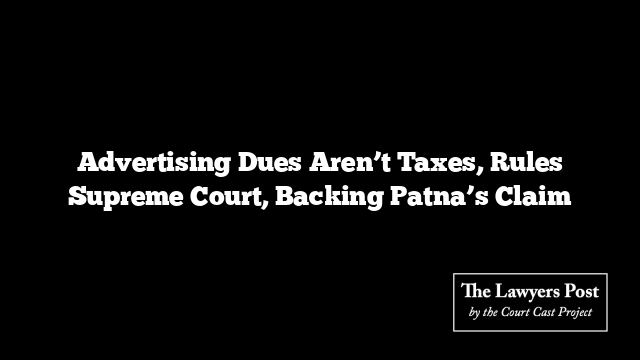In a striking judgment, the Supreme Court has rebuked Uttar Pradesh prison authorities for their decision to recommend the premature release of a life convict who had served merely 2 years, 5 months, and 12 days of his sentence. The Court emphasized that state policy stipulates a minimum of 14 years must be completed before considering remission for life convicts.
The situation unfolded when the Allahabad High Court initially granted a premature release based on broad directives for prisoners. However, this was later overturned by a full bench of the High Court, which found that Uttar Pradesh had failed to seek the return of several convicts released under similar circumstances, including the individual in question.
Justices J.K. Maheswari and Rajesh Bindal have called for an explanation from the Principal Secretary (Home) and Principal Secretary (Prison) regarding the rationale behind the remission recommendation, considering it perplexing that the convict was released when he had not met the required incarceration period.
The Court has mandated that the state authorities submit a detailed affidavit within eight weeks. This affidavit must address how many convicts have been returned to custody, their eligibility for premature release under state policy, and the reasoning behind the jail authorities’ recommendations.
Background on the Convict’s Case
The convict, along with others, was implicated in an FIR dating back to 1982 and was sentenced to two years of rigorous imprisonment and life imprisonment for his offenses in 1983. After a criminal appeal was dismissed in 2018, the convict filed a special leave petition with the Supreme Court, which was dismissed in August 2024.
The Court learned that the convict was released from Central Jail, Agra, based on a letter from the Senior Superintendent, confirming his release on March 22, 2024. His early release was facilitated by a directive from the Chief Judicial Magistrate, which stemmed from the previously mentioned case, despite the convict not being a party to that appeal.
During the proceedings, the Supreme Court raised the critical question of whether a life convict could be granted bail based on a decision from an unrelated case. The Court highlighted that the full bench of the High Court had clarified that the authority to grant remission lies solely with the appropriate government, rendering previous directions unconstitutional.
The Supreme Court’s ruling underscores the need for rigorous adherence to legal standards in the remission process and the responsibilities of state authorities in managing the release of convicts, ensuring that all actions align with established law and policy.





